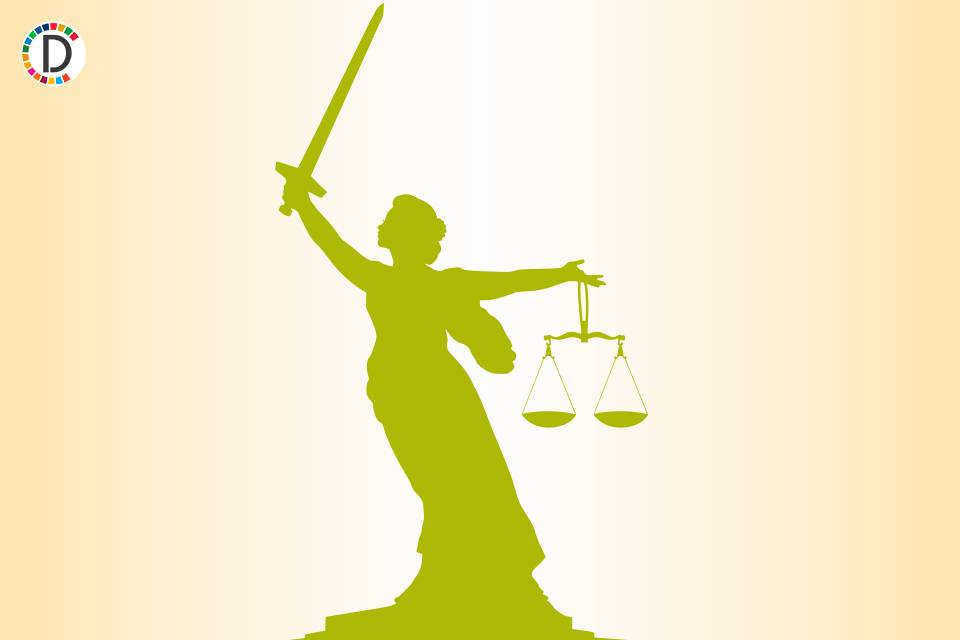Mexican state of Aguascalientes becomes 12th to decriminalize abortion

Mexico's Supreme Court said on Wednesday it had decriminalized abortion in the central state of Aguascalientes, making it the twelfth Mexican state to revoke criminal penalties for the procedure. The court said the former law had criminalized health workers and "totally suppressed the constitutional right of women and people with the capacity to bear children to choose, and therefore their right to health, equality and non-discrimination."
It also violated the right to health of victims of rape, by imposing "requirements which hinder and delay access to health services which, in such cases, should be guaranteed promptly and urgently," the court said. Though Mexico's Supreme Court unanimously ruled penalizing abortion unconstitutional in 2021, most of the country's 32 states have yet to amend their local legislation.
Rights group GIRE said it had filed a lawsuit in early 2022 alongside four other rights groups as part of a nationwide strategy to eradicate the criminalization of abortion in Mexico. GIRE celebrated the ruling, saying the state would now have an obligation to provide abortion services.
Religious group ConParticipacion called the ruling "unfortunate" in a post on X, formerly Twitter, saying it showed "pre-natal violence and discrimination." Many women and rights groups lauded the decision, however, posting green hearts on social media, representing the so-called Green Wave, the social movement for reproductive rights that has swept Latin America since the start of this century.
The movement has been fueled by landmark cases, such as that of an 11-year-old girl in Argentina who was forced to give birth in 2019 after being raped, despite begging for an abortion. Earlier this month, an 11-year-old rape victim in Peru was initially turned away from a hospital as she approached 18 weeks pregnant. Rights groups protested and the United Nations called on the state to intervene.
Some Latin American and Caribbean countries permit abortion in cases of rape or when the mother's life is at risk, but lengthy legal procedures can put the option out of reach.
(This story has not been edited by Devdiscourse staff and is auto-generated from a syndicated feed.)










